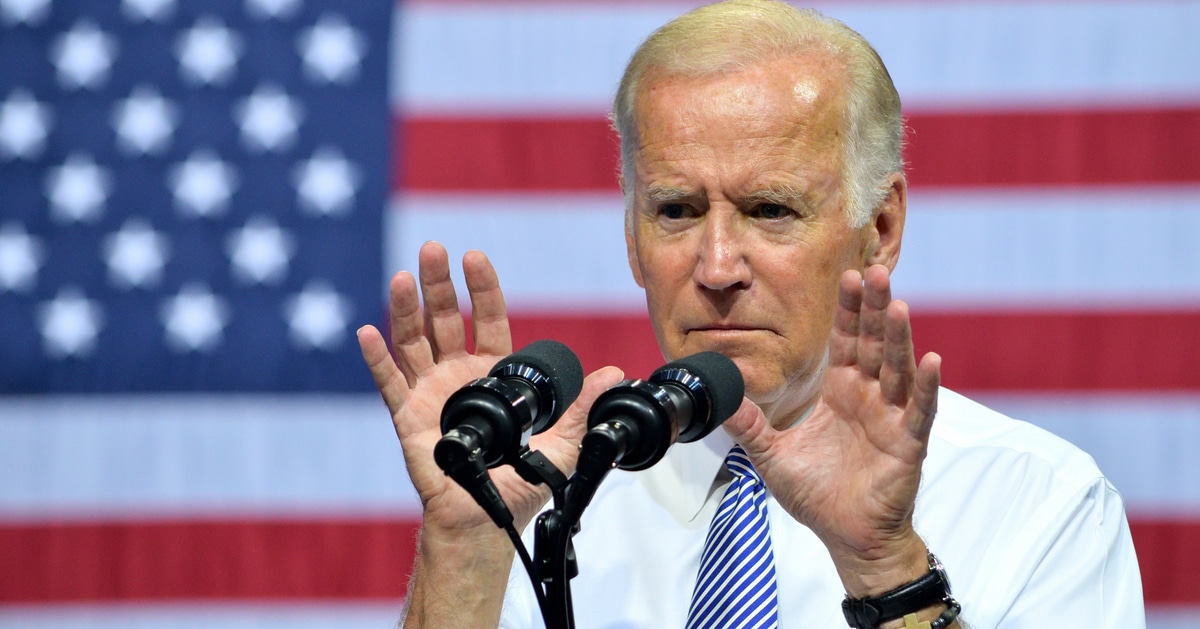

In a bold move, Senator Tommy Tuberville (R-AL) has stalled the promotion of a top aide to Defense Secretary Lloyd Austin who covered up his hospitalization earlier this year.
The Associated Press confirms that it was concerns over Lt. Gen. Ronald P. Clark's role during Secretary Lloyd Austin’s medical crisis that led to his promotion being blocked.
Tuberville has put a hold on the nomination of Lt. Gen. Ronald P. Clark for the position of commander of U.S. Army forces in the Pacific. This decision stems from Clark's actions—or lack thereof—during a significant health crisis involving Defense Secretary Lloyd Austin in late 2023.
Clark was serving as Austin's senior military assistant when Austin underwent surgery for prostate cancer on December 22, 2023. Complications led to Austin's hospitalization, particularly an intensive care stay starting January 2.
However, this critical information was not shared with President Joe Biden or other senior officials immediately, a delay that did not come to light until January 4.
The Pentagon officially announced Austin's situation to Congress and the public on January 5. This delay in communication has sparked considerable controversy, raising questions about the transparency and effectiveness of the military's chain of command during such critical times.
Senator Tuberville's spokeswoman, Mallory Jaspers, explicitly linked Clark’s promotion block to these events.
She accused Clark of failing to notify the President about the compromised condition of the Secretary of Defense.
"Lt. Gen. Clark knew that Sec. Austin was incapacitated and did not tell the Commander in Chief. As a senior commissioned officer, Lt. Gen. Clark’s oath requires him to notify POTUS when the chain of command is compromised," stated Jaspers.
This block is pending a Defense Department inspector general review of the whole incident to make a final decision on Clark's promotion.
According to Pentagon spokesman James Adams, Clark's promotion is seen as vital for U.S. military strategy, especially concerning the tensions in regions like China and Taiwan.
"Lt. Gen. Clark is highly qualified and was nominated for this critical position because of his experience and strategic expertise. We urge the Senate to confirm all of our qualified nominees. These holds undermine our military readiness," Adams explained.
It is not the first time Senator Tuberville has used his senatorial privilege to block military promotions.
He previously created a months-long standoff over the Pentagon’s policy on abortion-related travel reimbursements.
Despite these controversies, the Pentagon reassures that there was never any compromise in military command and control during Austin's hospitalization.
On February 1, Austin publicly acknowledged his missteps regarding the handling of his health crisis. "I want to be crystal clear: We did not handle this right. I did not handle this right," Austin admitted.
He further remarked, "I should have told the president about my cancer diagnosis. I should have also told my team and the American public, and I take full responsibility."
The Defense Department inspector general, Robert Storch, has been investigating the matter since January, with no definite timeline for completion provided yet.
A separate review by the Pentagon in February concluded that Austin's aides acted within the bounds of medical privacy laws. However, this conclusion was not accepted by Republicans, who deemed it inadequate.



